
August 11, 2025
Universities Need Teachers Who Want to Teach, and Students Willing to Learn
Make yourself a teacher, and get yourself a friend
As a recent graduate of UCLA, I saw up close some of the worst excesses of the student anti-Israel movement: a massive encampment blocking access to the central part of campus, classmates chanting violent and vicious slogans, and an attempt to purge student government of “Zionists” (in practice, Jews). The last item led me to file a formal complaint with the university.
I’m not the first to point out that these problems, all too typical of American universities, are the result of a much deeper institutional crisis. I’d like to call attention to one aspect of this crisis, based on my own experience: the decline of mentorship, itself connected to the unwillingness of teachers to teach and students to learn.
There’s a reason why mentorship is the subject of some of Rabbi Lord Jonathan Sacks’s most personal writings, the epitome of love in Plato’s Symposium, and the theme of one of my favorite films, Dead Poets Society. The wisdom in all three is the same: learning happens not just within the mind, but in the interaction between students and teachers.
Responses to August ’s Essay

August 2025
The Future of Higher Education and the Jews: A Symposium
By The Editors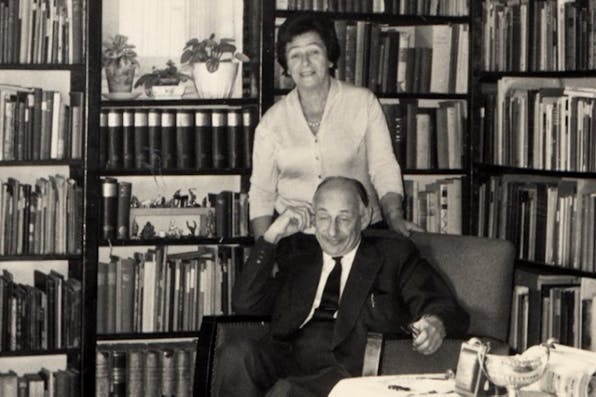
August 2025
How Jewish Studies Became a Tool of Adversarial Culture
By Ruth R. Wisse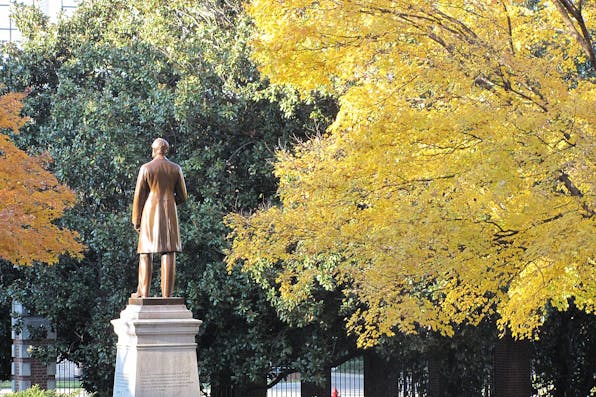
August 2025
The Future of Universities Must Be Built on Firm Values
By Daniel Diermeier
August 2025
Western Civilization and the Jews: A Shared History
By Steven H. Frankel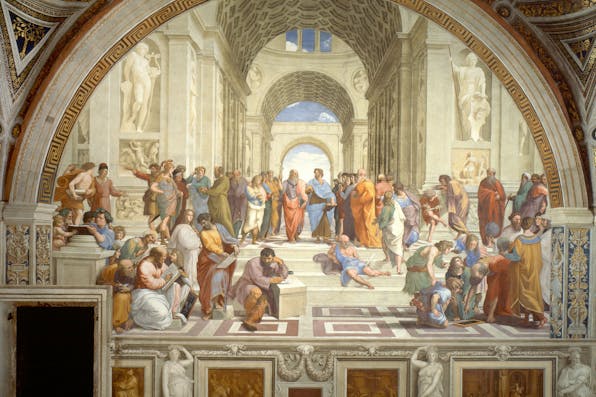
August 2025
The Quest for Wisdom, Truth, and Virtue at the University of Dallas
By Jonathan J. Sanford
August 2025
Universities Need Teachers Who Want to Teach, and Students Willing to Learn
By Bella Brannon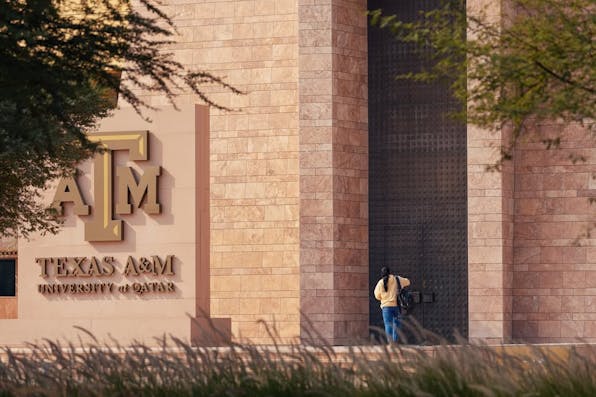
August 2025
Saving American Universities Requires Cracking Down on Foreign Funding
By Danielle Pletka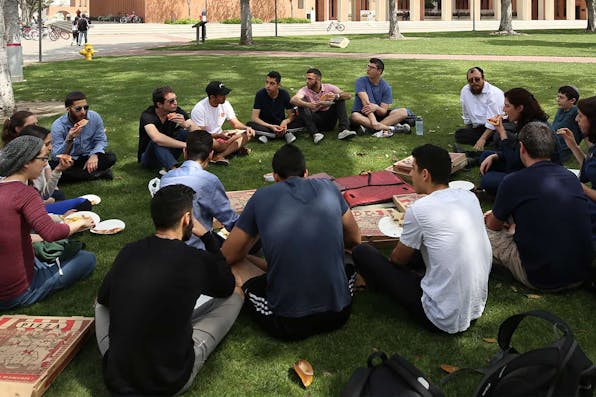
August 2025
Jews Shouldn’t Give Up on Universities, and Neither Should America
By Eitan Webb
August 2025
The Moral Collapse on Campus Is a Result of the Hollowing Out of the Humanities
By Alexander S. Duff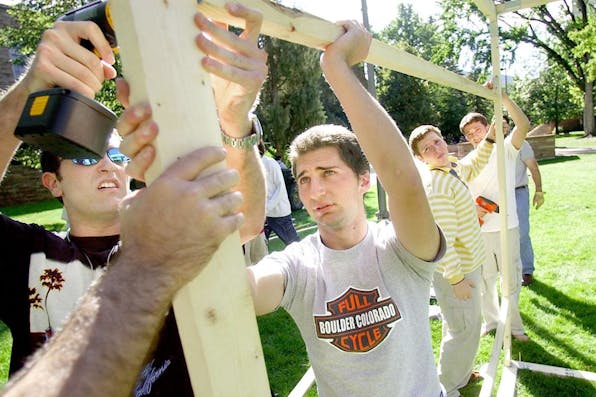
August 2025
Return American Universities to Their Religion-Friendly Roots
By Liel Leibovitz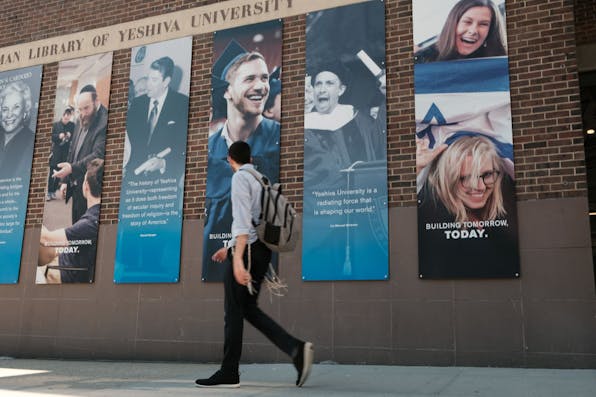
August 2025
To Make the Academic Desert Bloom, Look to Religion
By Ari Berman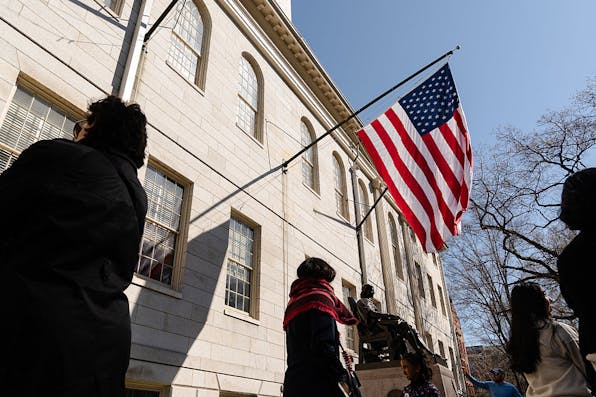
August 2025
The Universities and the American Crisis
By Ben Sasse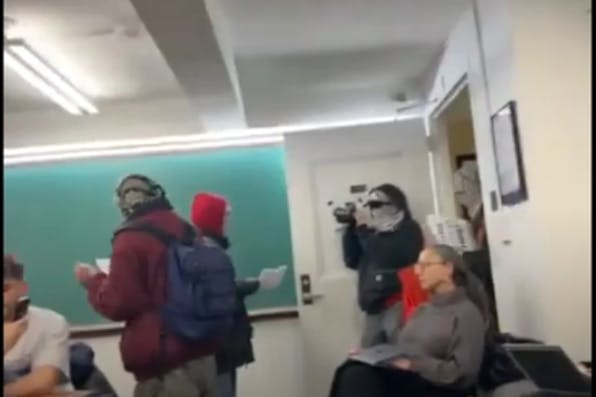
August 2025
The Campus Intifada Is a Golden Opportunity for Those Who Study Israel Seriously
By Avi Shilon
August 2025
With No Easy Fixes for Middle East Studies, It’s Time for New Programs
By Robert Satloff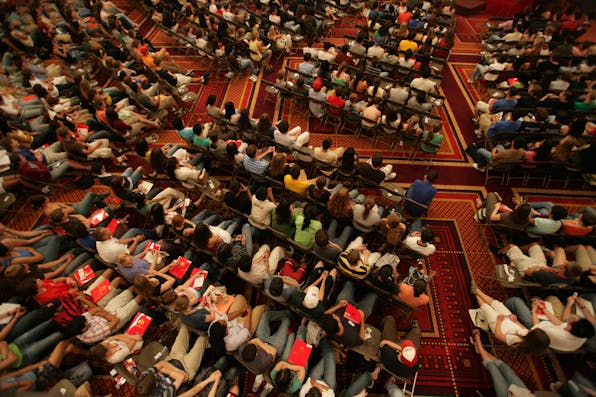
August 2025
The Perverse Microeconomics of the American University
By Michael Hochberg